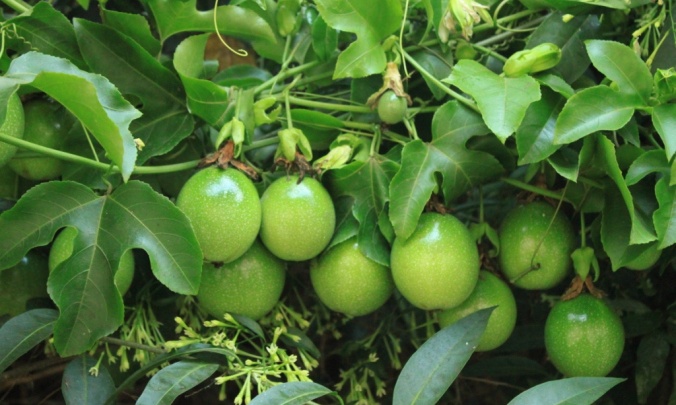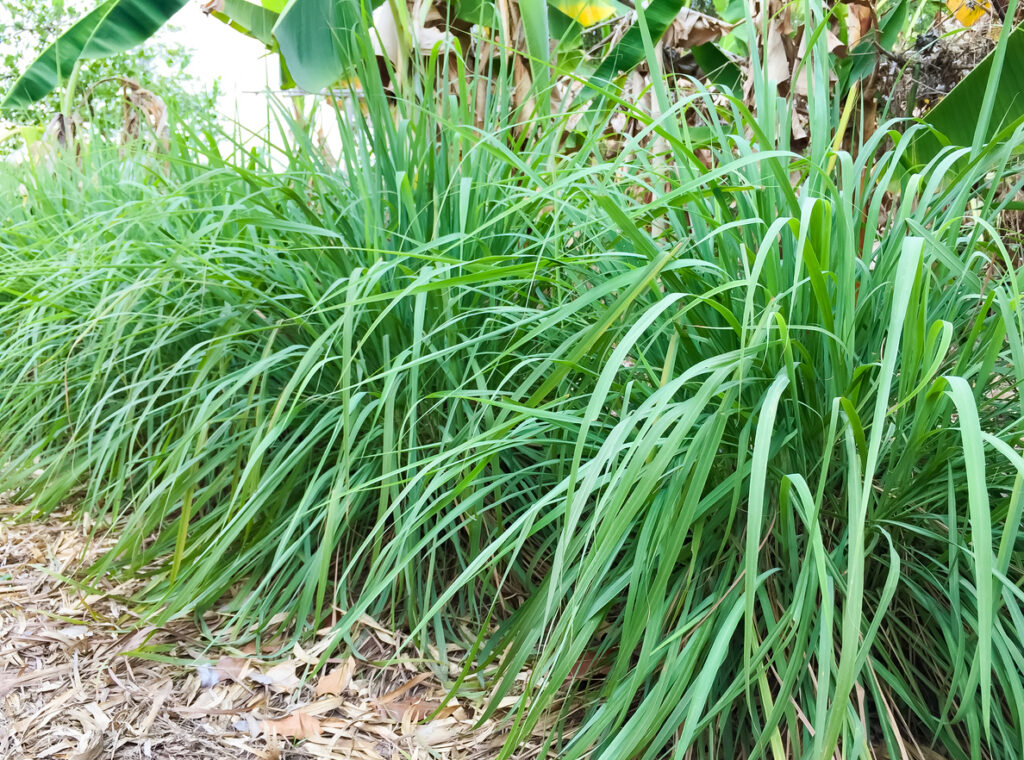Black soldier fly farming in Kenya is gaining attention among farmers who are searching for affordable and sustainable animal feeds. With rising feed prices and economic challenges, farmers are now turning to insects as alternative protein sources.
Black soldier fly larvae are rich in protein and fat, making them excellent feed for poultry, fish, and pigs.
Beyond being a cost-effective solution, this farming venture also helps reduce organic waste, providing a double benefit for farmers and the environment.

Black Soldier Fly Farming In Kenya
Black soldier fly farming in Kenya is still a new concept but has great potential. Farmers can easily start on a small scale and expand with time. The insects thrive in warm conditions, and Kenya’s climate is ideal for their production.
Institutions such as ICIPE and companies like Black Soldier Fly Kenya are already producing and selling larvae and eggs to interested farmers.
The Black Soldier Fly Life Cycle
The farming process begins with the female fly laying eggs. These eggs take about four days to hatch into young larvae. At this stage, the larvae feed on decomposing organic matter, including fruits, vegetables, and kitchen waste. After seven days, the larvae develop further and enter the main growth stage.
The larvae stage lasts between 10 to 14 days, during which the insects grow rapidly. Once mature, the larvae are ready for harvesting. Farmers can feed them directly to animals while alive or dry them for preservation and long-term use. Dried larvae are often easier to store and transport.
Nutritional Benefits of Black Soldier Fly
Black soldier fly larvae are rich in essential nutrients. They contain between 35% and 45% protein, with dried larvae reaching up to 50% crude protein. They also provide up to 35% lipids, making them energy-rich feed.
The larvae are also high in amino acids, which improve animal growth and health. Additionally, when reared on organic waste, the insects produce manure rich in nitrogen. This insect-based manure is highly beneficial to crops, making black soldier fly farming a complete cycle of sustainable agriculture.
Uses in Animal Feeding
Farmers in Kenya are using black soldier fly larvae mainly to feed indigenous chicken, pigs, and fish. These animals grow faster and healthier when fed with larvae due to their high nutrient content. The larvae can replace expensive commercial feeds and reduce the cost of production.
For fish farming, the larvae provide an affordable protein substitute for fishmeal. In poultry farming, they improve egg production and bird health. For pig farming, they provide the fat and protein needed for rapid weight gain.
Market for Black Soldier Fly in Kenya
The market for black soldier fly farming in Kenya is still developing. Few companies currently engage in the production and sale of larvae. Black Soldier Fly Kenya is one of the leading players in this sector.
Prices for dried larvae range from Kshs 100 to 150 per kilogram, making them affordable for farmers compared to traditional feeds. With increasing demand for sustainable animal feeds, the market for black soldier fly products is expected to grow in the coming years.
Opportunities for Farmers
Black soldier fly farming in Kenya offers great opportunities for both small and large-scale farmers. It requires little space and minimal investment, making it ideal even for urban farmers.
By converting organic waste into protein-rich feed and organic manure, this farming practice also addresses waste management challenges.
Farmers who embrace this venture now will be well-positioned to benefit when the market expands. With the government and organizations pushing for sustainable agriculture, black soldier fly farming could soon become a mainstream source of animal feed in Kenya.










































